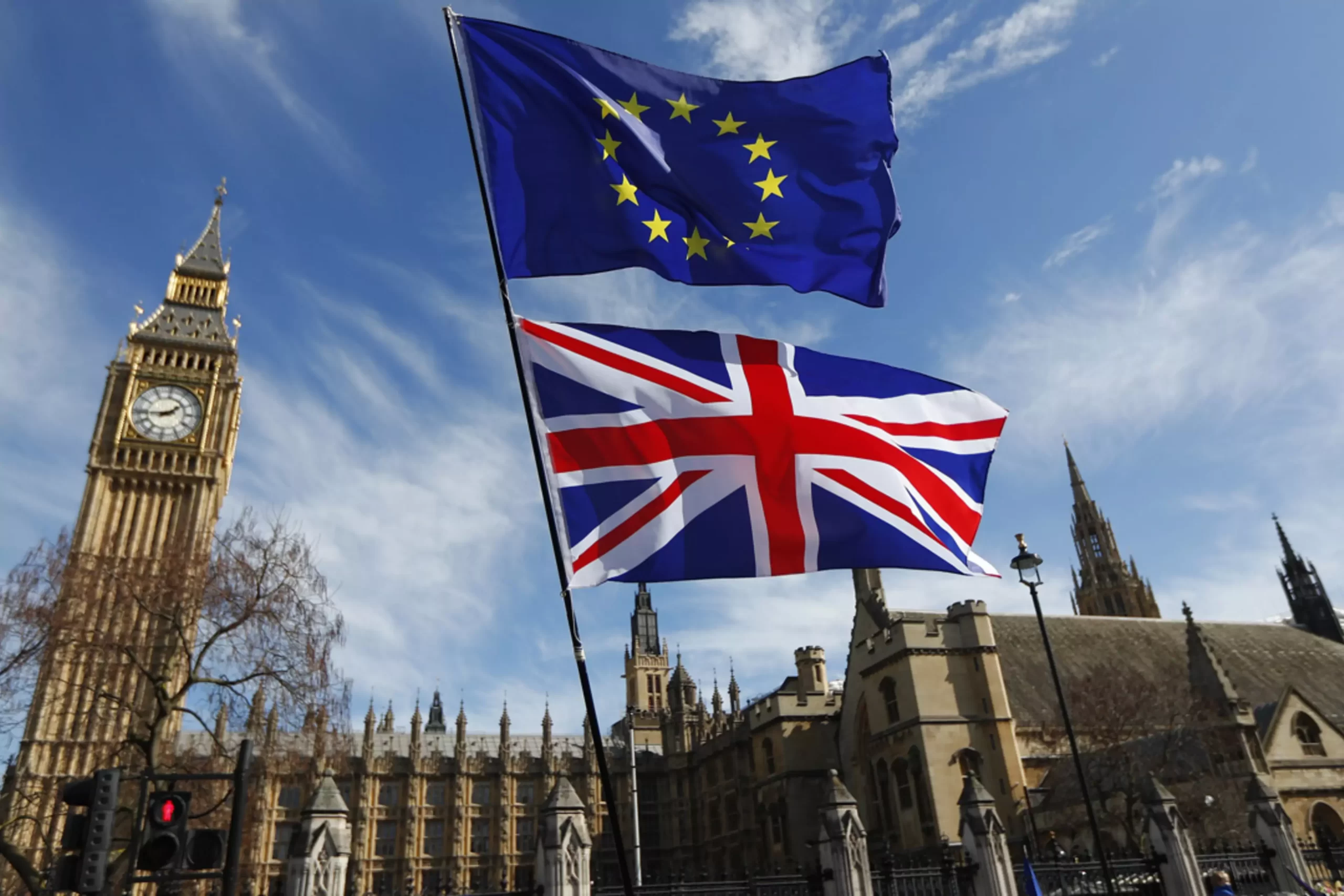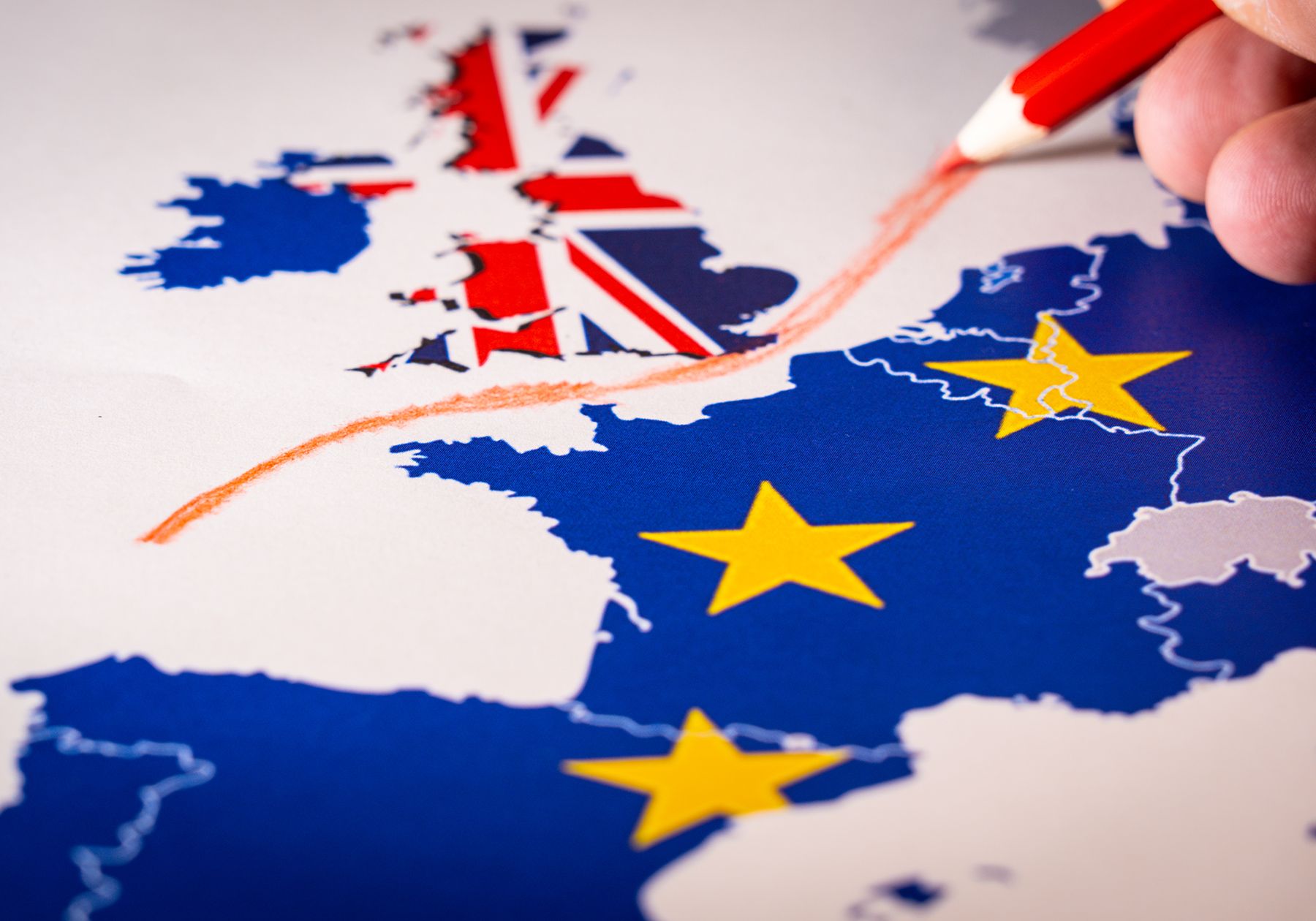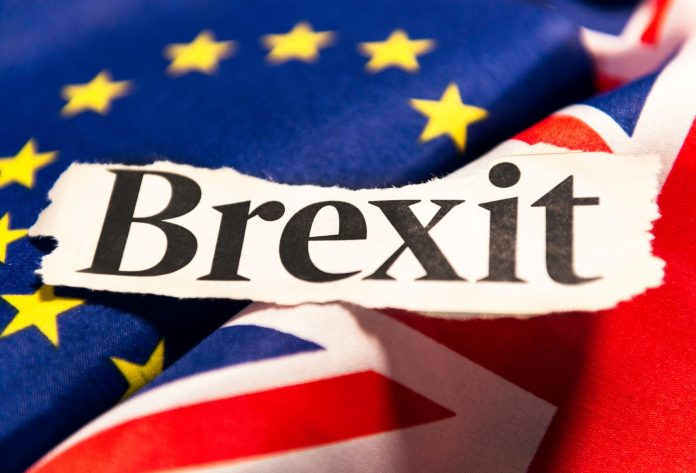The implementation of new post-Brexit UK border controls later this month is projected to cost British businesses £2 billion and contribute to higher inflation, a report warns.
These controls, part of Boris Johnson’s Brexit deal, could increase import costs by 10% in the first year, according to Allianz Trade.

The report highlights that checks on animal and plant products, starting from April 30, could add 10% to import costs over the first year.
The government’s “border target operating model” (Btom) would affect £21 billion of agricultural product imports, including eggs, live trees and plants, meat, and fish, which make up about 3% of all UK imports.
The report suggests that EU companies are likely to pass on these costs to UK customers.

It also notes that these items account for about 6% of the all-around basket of goods used to calculate the UK’s headline inflation rate, potentially adding 0.2 percentage points to inflation, with dairy, meat, and fish being the most affected.
While the government estimated last October that the additional checks would cost businesses an extra £330 million a year, and add less than 0.2 percentage points to headline inflation over three years, the Allianz report suggests a more significant impact.
However, the inflationary pressures from these new checks may be offset by a two-year suspension of tariffs on goods not covered by free trade agreements, which could reduce import costs by £7 billion.
This includes agricultural products, cars, fuels, metals, and other non-food goods, representing 45% of total UK imports and potentially reducing general inflation by 0.6 percentage points over the next year.

Phil Pluck, chief executive of the Cold Chain Federation, expressed concern over the implementation of the Btom model, stating that it could damage business confidence in the UK and increase costs for consumers.
The report also raises concerns about UK firms facing tougher barriers to exporting to the EU, as the UK falls behind in adopting new rules set by Brussels.
It notes that UK companies may have no choice but to follow new EU standards to continue selling goods and services in the EU single market, as the UK government’s ability to influence EU policy decisions has diminished post-Brexit.


